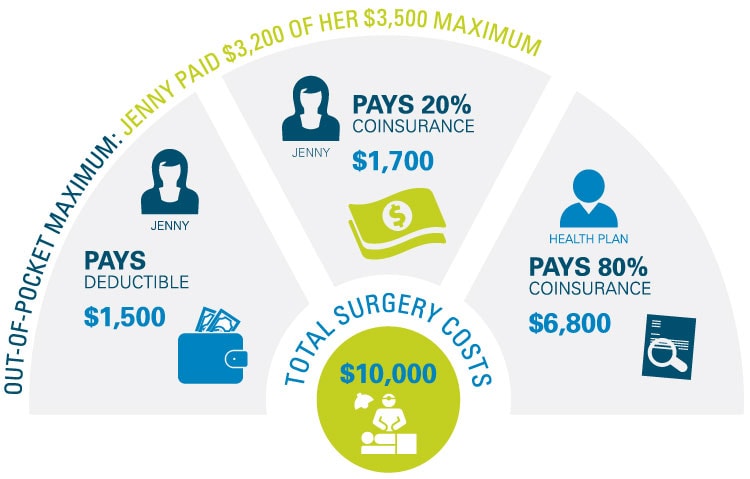

For example, if you hurt your back and go see your doctor, or you need a refill of your child's asthma medicine, the amount you pay for that visit or medicine is your copay. A deductible is the amount you pay for health care services before your health insurance begins to pay. " FAQs on COBRA Continuation Health Coverage for Workers,". A copay (or copayment) is a flat fee that you pay on the spot each time you go to your doctor or fill a prescription. " MiniCobra Continuation of Coverage Benefits Guide." " Continuation of Health Coverage (COBRA)."

" H.R.1319 - American Rescue Plan Act of 2021." " Is My Employer Required to Provide Health Care Coverage?"Įmployee Benefits Security Administration. In that case, COBRA allows an employee and their dependents to retain the same insurance coverage for a limited period of time, provided they are willing to pay for it on their own. If an employee becomes ineligible to receive an employer's health insurance benefits-which can happen for a variety of reasons (such as getting laid off or falling below a minimum threshold number of hours worked per week)-the employer may stop paying its share of the employee's insurance premiums. Large employers in the U.S., those with 50 or more full-time workers, are required to provide health insurance to their qualifying employees by paying a part of insurance premiums. The cost of COBRA coverage is usually high because the newly unemployed individual pays the entire cost of the insurance (employers usually pay a significant portion of healthcare premiums for employees).

Health insurance coverage from COBRA extends for a limited period of 18 or 36 months, depending upon applicable scenarios.Employers with 20 or more full-time-equivalent employees are usually mandated to offer COBRA coverage. COPAYMENT meaning: an amount of money that a person with health insurance is required to pay at the time of each visit to a doctor or when purchasing.COBRA is an acronym for the Consolidated Omnibus Budget Reconciliation Act, which provides eligible employees and their dependents the option of continued health insurance coverage when an employee loses their job or experiences a reduction of work hours.This will help you understand all the terms and conditions associated with the policy.įinally, make sure that you have sufficient coverage under your health insurance policy so that you can cope with any medical emergency without facing financial difficulties. Such discounts can help you save a lot of money on your health insurance premiums.įourthly, it is important to read the fine print of the policy carefully before signing up for it. Thirdly, check if the company offers any discounts on premiums for policyholders who have no claims history. Make sure that the policy you are choosing has a reasonable premium rate. Secondly, you need to compare the premium rates of different health insurance companies before finalizing the policy. There are different types of health insurance policies available in the market, so it is important to choose the one that best suits your requirements. The first thing is the type of coverage you need. There are a few things to consider while buying health insurance with a copay clause. Coinsurance: In a coinsurance clause, the patient is responsible for paying a specified percentage of their medical bills after meeting their deductible (if applicable).For example, if a plan has an Rs500 deductible, the patient would need to pay Rs500 out-of-pocket for covered services before the insurance plan would begin to pay benefits. Deductible: In a deductible clause, the patient is responsible for paying a specified rupee amount out-of-pocket for covered services before the insurance plan begins to pay benefits.The patient is responsible for any charges above the copay amount. For example, if the plan's copay for office visits is 20%, the insurer will pay 20% of the provider's charges for an office visit. Percent of Charges Copay: In a percent of charges copay clause, the insurer agrees to pay a specified percentage of the provider's charges for each covered service. A copayment is a set amount in dollars that people pay for prescriptions and medical care they receive.For example, if the plan's copay for office visits is Rs30, the insurer will pay Rs30 for an office visit regardless of the provider's charges. Fixed Copay: In a fixed copay clause, the insurer agrees to pay a fixed rupee amount for each covered service, regardless of the provider's charges.Some common types of copay clauses are as follows: Health insurance plans may have different types of copay clauses.


 0 kommentar(er)
0 kommentar(er)
